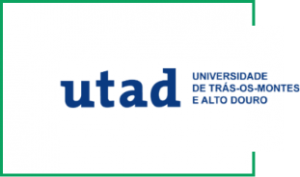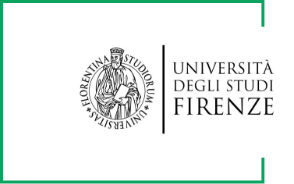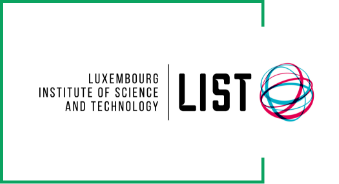General description
UTAD is a Portuguese University focused on the creation, communication and transmission of culture, knowledge, science and technology, through the articulation with study, teaching, research and experimental development. UTAD’s core objectives are high quality teaching, research and community outreach, striving to be a Centre of Excellence for lifelong learning. An R&D centre called the Centre for the Research and Technology of Agro-Environmental and Biological Sciences (CITAB) is also integrated within UTAD. CITAB focuses on agro-food and forestry systems using the production-chain approach as a whole. CITAB’s specific focus on the study of viticulture, particularly on the effects of climate change on the crops will immensely benefit from Clim4Vitis.
Role
As the coordinator of Clim4Vitis, WP2 and WP6 leader, UTAD regards Clim4Vitis to be of major strategic importance. In addition to building specific know-how from the project activities, UTAD will also exploit findings beyond its frontiers, particularly in the Norte Region of Portugal. UTAD expects Clim4Vitis to be a platform to engage in international cooperation in order to draw attention of policy makers and henceforth drive enforcement of appropriate legislation based on key project findings.
Website URL: https://www.utad.pt/en/






